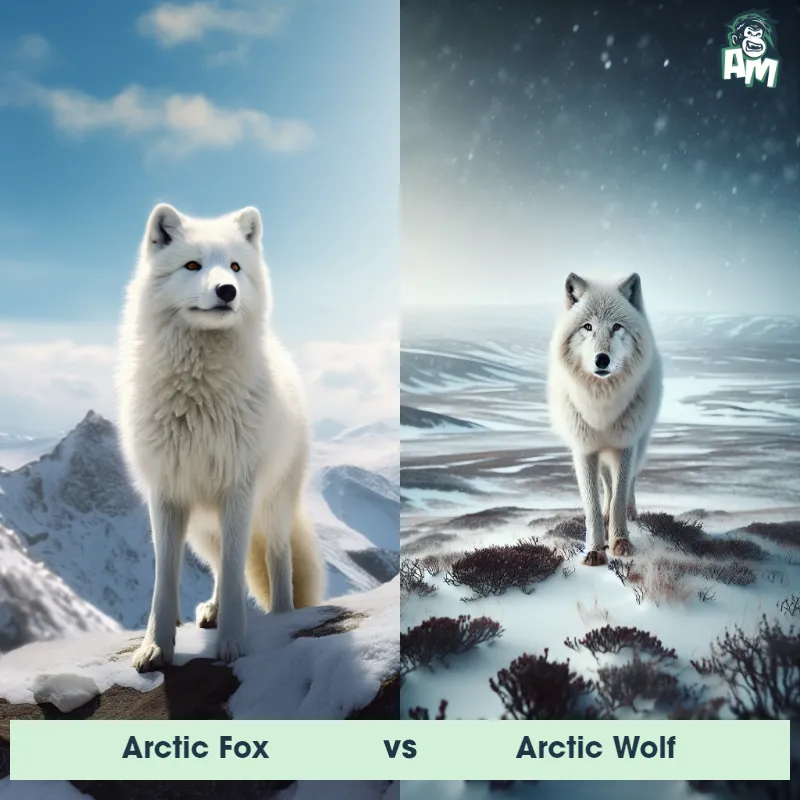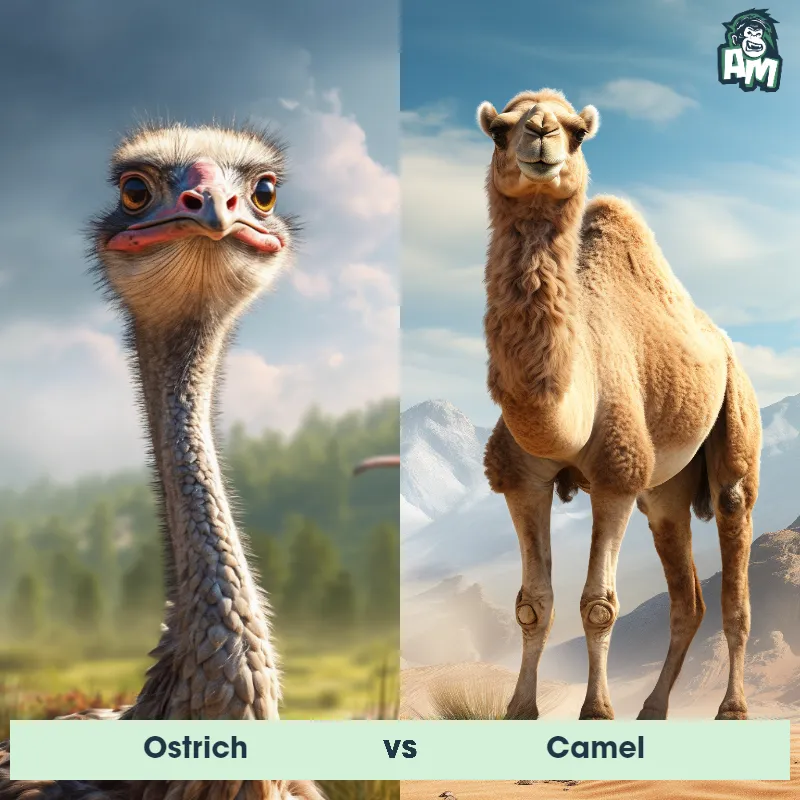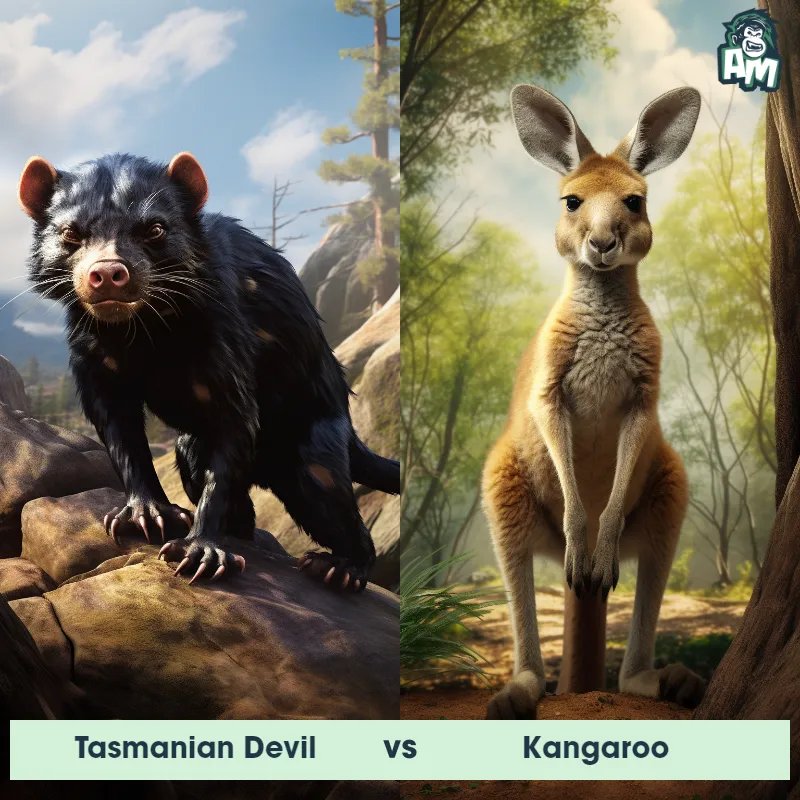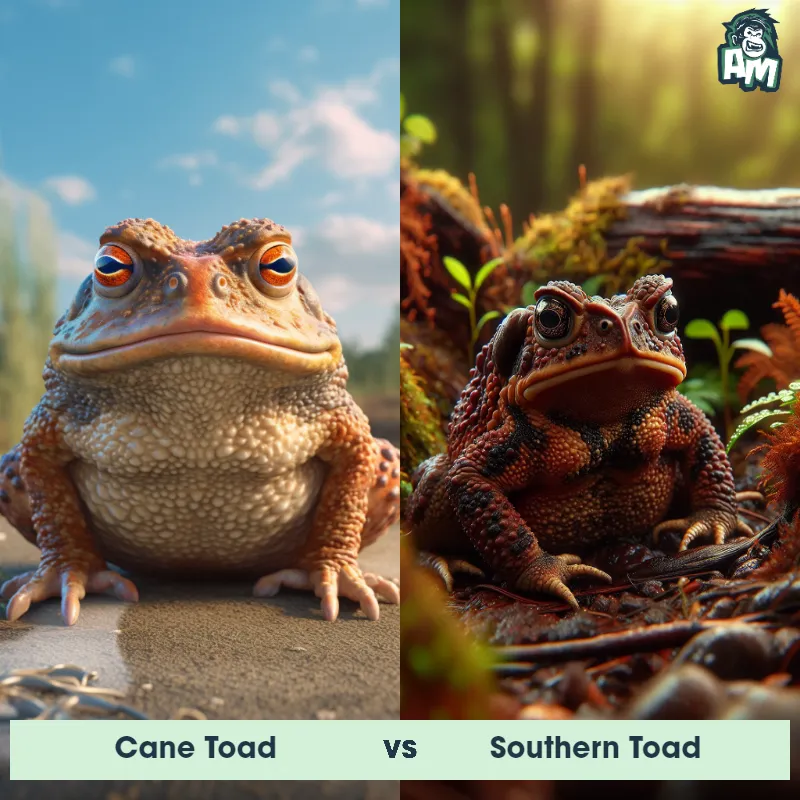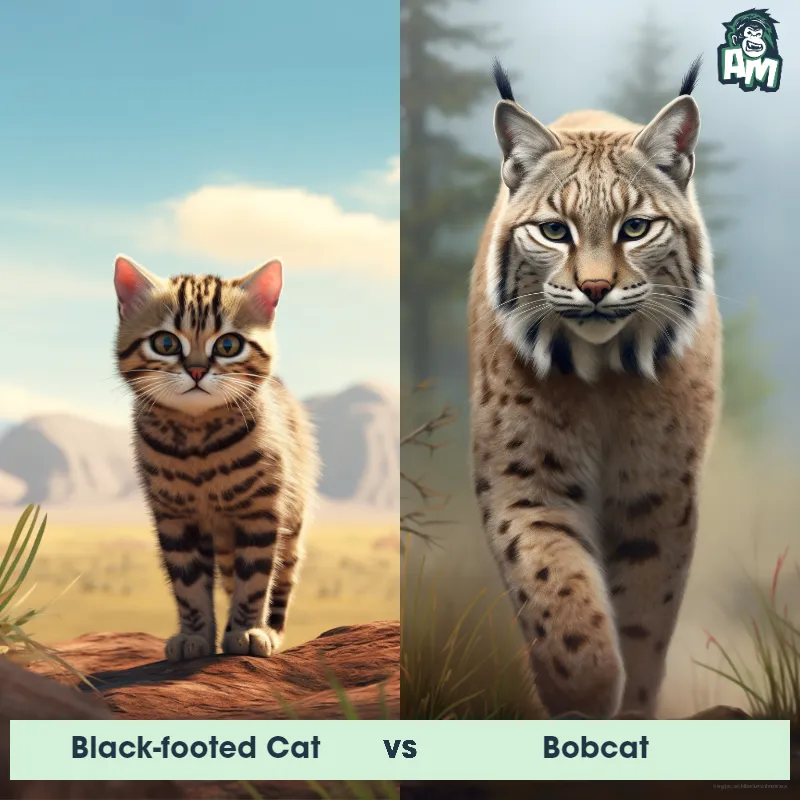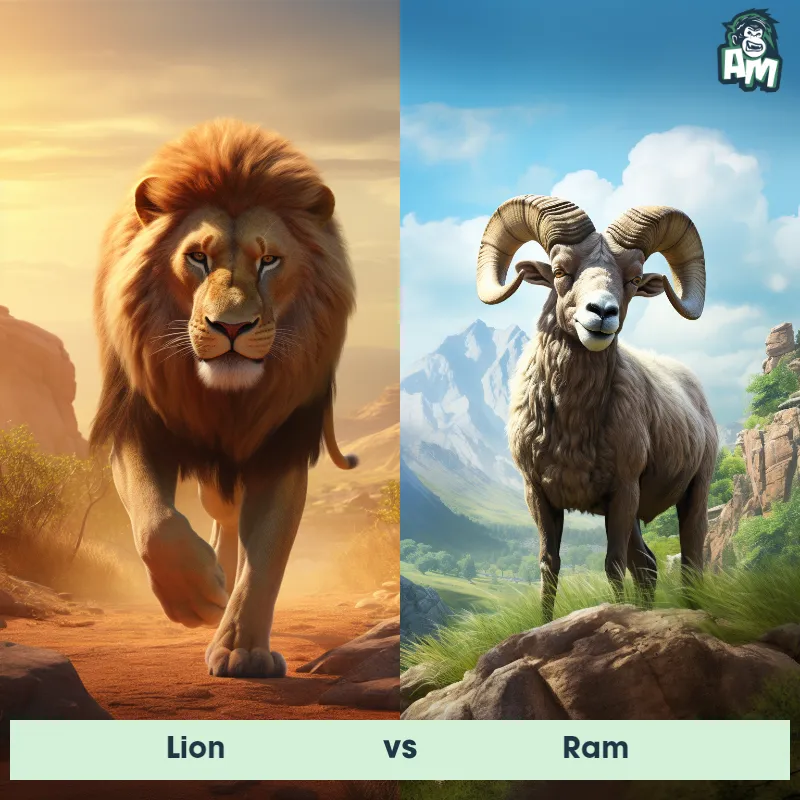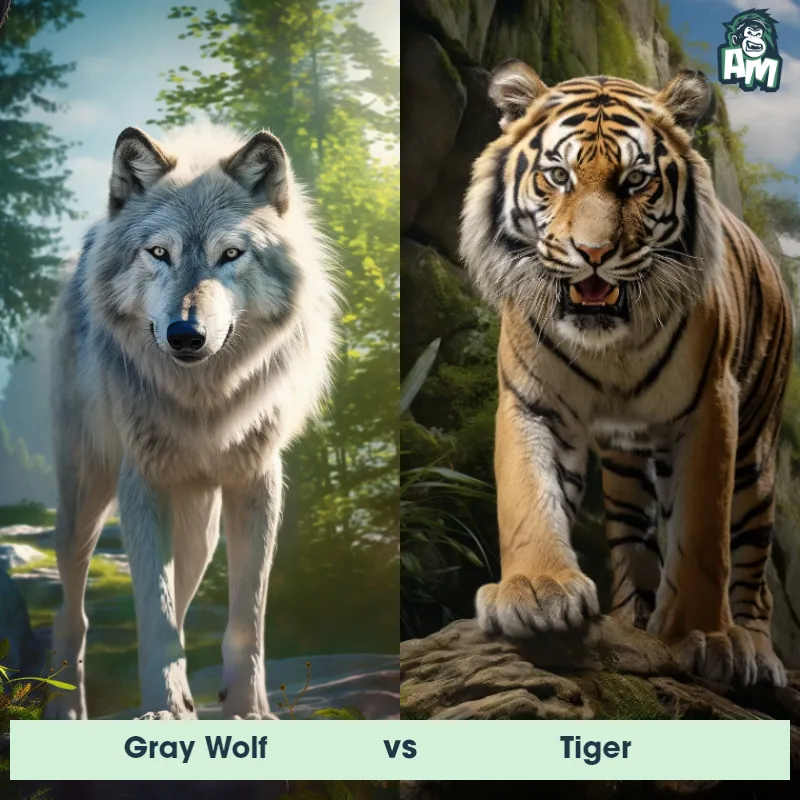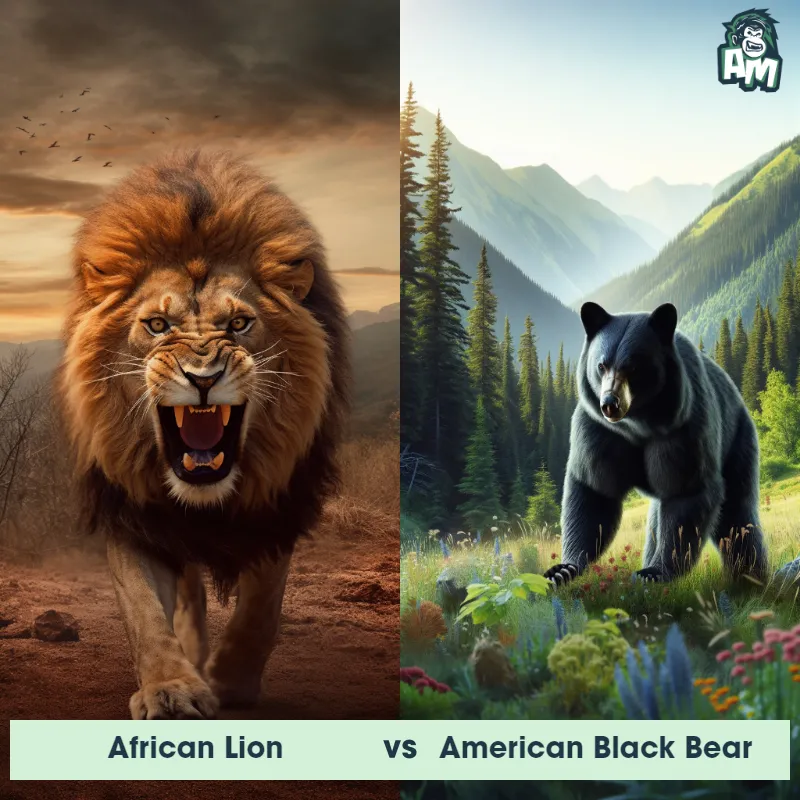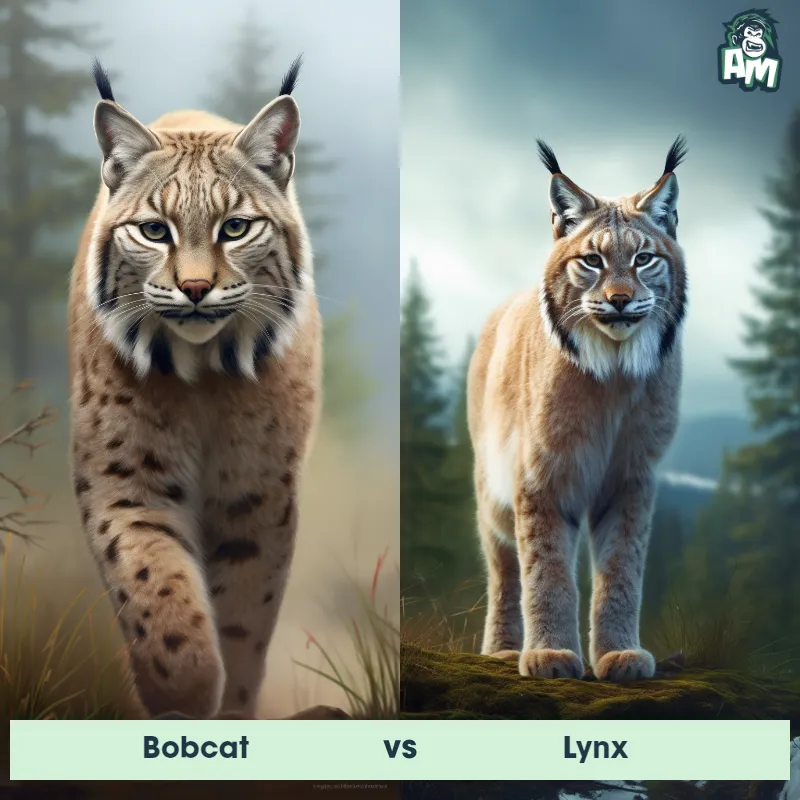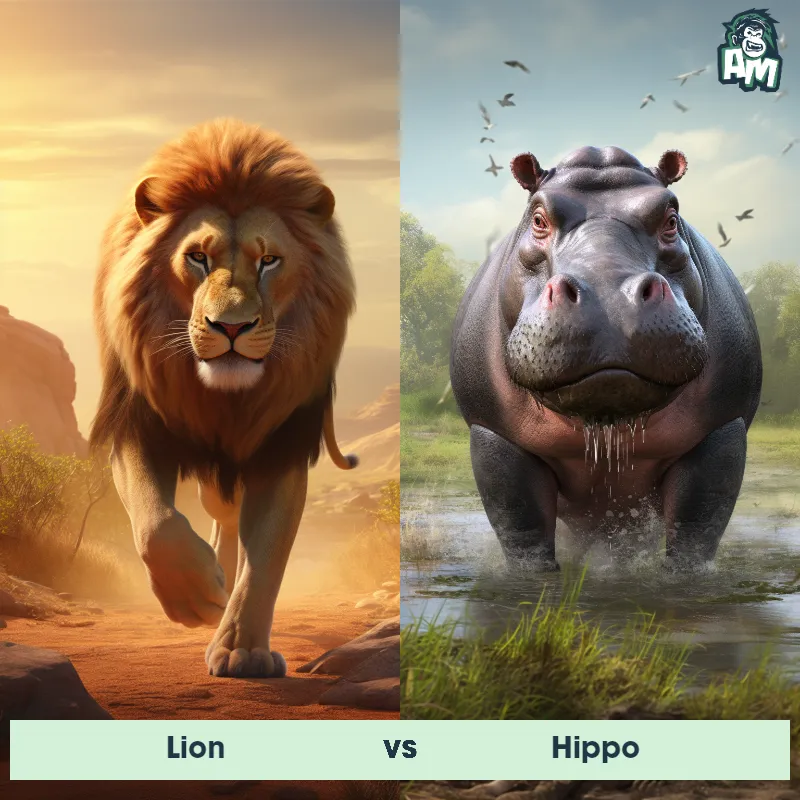Lynx vs LionSee Who Wins

Ladies and gentlemen, we are here at this electrifying venue as we witness an epic showdown between two of the most fearsome predators in the animal kingdom. In the left corner, we have the agile and stealthy Lynx, known for its remarkable hunting skills. And in the right corner, we have the mighty, commanding Lion, with its raw strength and imposing presence. This is a clash of titans, a battle for supremacy. Buckle up, folks, as we get ready to witness nature's fiercest competitors go head-to-head in this exhilarating three-round fight!
Contender 1: Lynx
The Lynx is a medium-sized wild cat with distinctive tufted ears, short tail, and spotted fur. They have powerful legs and sharp claws, which make them excellent hunters. Lynx are solitary animals and are found in forests and mountainous regions across Europe, Asia, and North America.
Fun Fact: Lynx have excellent hearing and can detect prey up to 75 feet away, even under a thick layer of snow.
Contender 2: Lion
The lion, often referred to as the 'king of the jungle,' is a large, powerfully built cat known for its tawny coat and, in males, a magnificent mane. They are native to Africa and a small region in western India. Adult male lions can weigh up to 420 pounds, while females, who are primarily responsible for hunting, are slightly smaller. Lions are social animals and live in groups called prides, which are usually composed of related females, their cubs, and a small number of adult males.
![[object Object] Gif](https://tenor.com/view/lion-yawning-yawn-tired-exhausted-gif-12230852.gif)
Fun Fact: Lions are the most socially inclined of all wild felids, most of which remain quite solitary in nature.
Matchup Stats
| Lynx | Lion | |
|---|---|---|
| Size | 18-24 inches (45-60 cm) at the shoulder | 4.5 to 6.5 feet long (body length), 3.5 to 4 feet tall at the shoulder (1.4 to 2 meters long, 1 to 1.2 meters tall) |
| Weight | 18-24 pounds (8-11 kg) | Up to 420 pounds (190 kilograms) |
| Speed | Speed: 50 mph (80.47 km/hr) | 50mph (80km/h) |
| Key Strength | Powerful legs and sharp claws | Powerful build, strong jaws, sharp claws |
| Biggest Weakness | Short tail | Less agile compared to other big cats, dependent on strength and power |
Current Votes
Lynx vs Lion
See Who Wins
View More Matches
Looking For More?
Similar Matches
Scientific Stats
| Lynx | Lion | |
|---|---|---|
| Scientific Name | Lynx | Panthera leo |
| Family | Felidae | Felidae |
| Habitat | Forests and mountainous regions | Grasslands, savannas, dense bush, and woodlands |
| Geography | Europe, Asia, and North America | Africa and a small region in western India |
| Diet | Small mammals, birds, and fish | Carnivorous, primarily large ungulates |
| Lifespan | 10 years - 15 years | 10 years - 14 years |
Key Differences between Lynx and Lion
- Color: Lions have a yellowish-brown fur, sometimes with a slightly lighter underbelly, whereas Lynx have a unique dappled combination of gray, brown, and white fur.
- Facial features: The Lynx has distinctive tufted ears with black tufts of fur at the tip, while the Lion's ears do not possess these distinctive tufts.
- Habitat: Lions inhabit the grasslands, savannas, and open woodlands of Africa, while Lynx are found in forests, tundra, and mountainous regions of North America, Europe, and Asia.
- Tail: Lions have a long tail with a tuft of hair at the end, while Lynx have a shorter, stubbier tail that is tipped with black.
- Size: The Lion is significantly larger than the Lynx, with adult males weighing between 330 to 550 pounds, while Lynx males weigh between 20 to 40 pounds.
- Mane: Male Lions possess a distinct and impressive mane around their head and neck, which is absent in both male and female Lynx.





